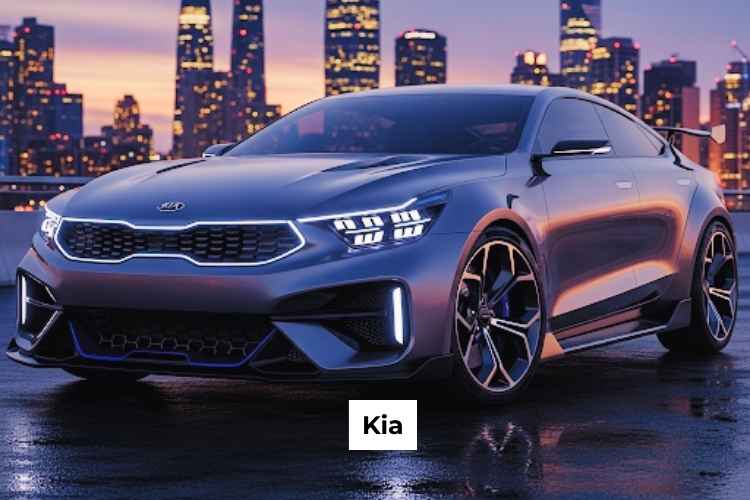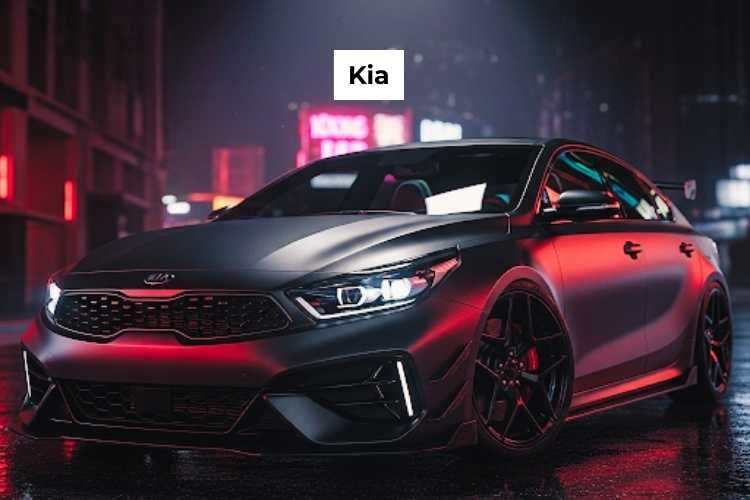Kia: If you’ve been eyeing a new Kia, this is your moment. After India’s latest GST (“GST 2.0”) changes, Kia has slashed prices across most of its internal-combustion (ICE) lineup—some by as much as ₹4.49 lakh. The new prices take effect from September 22, 2025, and are specifically designed to help buyers this festive season.
Below, I break down what changed, how much you can actually save model-wise, what it could mean for your EMI and total ownership cost, and how to make the most of the window.

Table of Contents
Kia: What exactly changed and why it matters

The government’s GST overhaul reduces the tax burden on several categories of passenger vehicles. Kia India has confirmed it will pass the full GST benefit to customers across its ICE range (petrol/diesel). That’s why you’re seeing sharp ex-showroom price cuts right before the Navratri/Diwali classic demand season.
Effective date: Reduced prices apply from September 22, 2025. If you’re negotiating now, have the dealer commit to the post-22 Sept pricing in writing.
How much cheaper did each Kia get?
| Model (India) | Max Announced Reduction | Notes |
|---|---|---|
| Carnival | Up to ₹4,49,000 | Biggest cut in the lineup. |
| Syros | Up to ₹1,86,000 | Sub-4m SUV benefits from GST slab change. |
| Sonet | Up to ₹1,64,000 | Popular compact SUV gets a sizable trim. |
| Seltos | Up to ₹75,372 | Mid-size SUV sees a tidy reduction. |
| Carens | Up to ₹48,513 | 3-row family MPV becomes more accessible. |
| Carens Clavis | Up to ₹78,674 | The newly added variant also gets GST benefit. |
Multiple outlets have reported the “up to ₹4.48–4.49 lakh” headline cut, with Kia stating it’s transferring the full GST benefit across the ICE lineup. (If you see minor differences ₹4.48 vs ₹4.49 lakh, that’s just rounding across sources.
What this means for your wallet (EMI & on-road)
- Lower ex-showroom = lower on-road. Registration, road tax, and insurance are all calculated with ex-showroom as the base. When ex-showroom falls, your total on-road drops too—a double benefit.
- EMI thumb-rule: For a typical 5-year car loan at ~10% p.a., every ₹1 lakh less financed trims EMI by roughly ₹2,000–₹2,200 per month.
- Example: A ₹1.64 lakh Sonet cut can reduce EMI by around ₹3,300–₹3,600/month if you finance the full difference.
- On the Carnival, a ₹4.49 lakh cut could shave roughly ₹9,000–₹10,000+/month off the EMI, depending on loan terms. (Exact EMI varies by bank/tenure/credit.)
- Depreciation cushion: Lower entry price often helps resale value percentage (you’ve paid less upfront), especially for high-demand trims.
How to capture the maximum benefit (buyer checklist)
- Get the updated ex-showroom in writing (dealers receive circulars). Ensure it reflects post-Sept 22 pricing.
- Re-quote finance with the new price. Even if you had a sanction letter, ask for a fresh EMI schedule reflecting the lower loan amount.
- Shop insurance—many buyers overpay via bundled dealer policies. With the insured declared value (IDV) and ex-showroom down, quotes should improve.
- Verify waiting periods for hot trims; high demand may stretch delivery timelines.
- Total cost view: Consider extended warranty, service packages, and accessories after you lock the lower base price.
Conclusion
Kia’s decision to pass on the GST 2.0 benefits delivers real, hard-cash savings—from tens of thousands to nearly ₹4.5 lakh—across popular models like the Sonet, Syros, Seltos, Carens/Clavis, and especially the Carnival. If a Kia is on your shortlist, this window is compelling: lower on-road, lighter EMI, stronger overall value. Just make sure your invoice and finance reflect the post-Sept 22, 2025 pricing.
Bhakti Rawat is a Founder & Writer of InsureMyCar360.com. This site Provides You with Information Related To the Best Auto Insurance Updates & comparisons. 🔗
